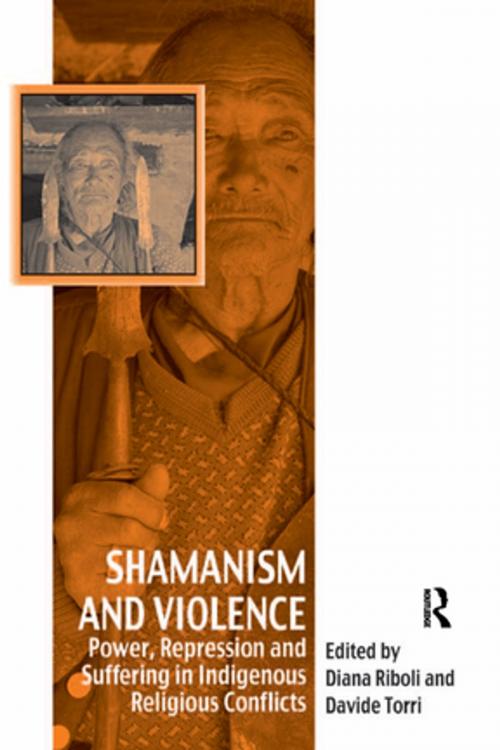Shamanism and Violence
Power, Repression and Suffering in Indigenous Religious Conflicts
Nonfiction, Religion & Spirituality, Occult, Occultism, New Age| Author: | Davide Torri | ISBN: | 9781317055921 |
| Publisher: | Taylor and Francis | Publication: | April 1, 2016 |
| Imprint: | Routledge | Language: | English |
| Author: | Davide Torri |
| ISBN: | 9781317055921 |
| Publisher: | Taylor and Francis |
| Publication: | April 1, 2016 |
| Imprint: | Routledge |
| Language: | English |
Proposing a new theoretical framework, this book explores Shamanism’s links with violence from a global perspective. Contributors, renowned anthropologists and authorities in the field, draw on their research in Mongolia, China, Korea, Malaysia, Nepal, India, Siberia, America, Papua New Guinea, Taiwan to investigate how indigenous shamanic cultures dealt, and are still dealing with, varying degrees of internal and external violence. During ceremonies shamans act like hunters and warriors, dealing with many states related to violence, such as collective and individual suffering, attack, conflict and antagonism. Indigenous religious complexes are often called to respond to direct and indirect competition with more established cultural and religious traditions which undermine the sociocultural structure, the sense of identity and the state of well-being of many indigenous groups. This book explores a more sensitive vision of shamanism, closer to the emic views of many indigenous groups.
Proposing a new theoretical framework, this book explores Shamanism’s links with violence from a global perspective. Contributors, renowned anthropologists and authorities in the field, draw on their research in Mongolia, China, Korea, Malaysia, Nepal, India, Siberia, America, Papua New Guinea, Taiwan to investigate how indigenous shamanic cultures dealt, and are still dealing with, varying degrees of internal and external violence. During ceremonies shamans act like hunters and warriors, dealing with many states related to violence, such as collective and individual suffering, attack, conflict and antagonism. Indigenous religious complexes are often called to respond to direct and indirect competition with more established cultural and religious traditions which undermine the sociocultural structure, the sense of identity and the state of well-being of many indigenous groups. This book explores a more sensitive vision of shamanism, closer to the emic views of many indigenous groups.















